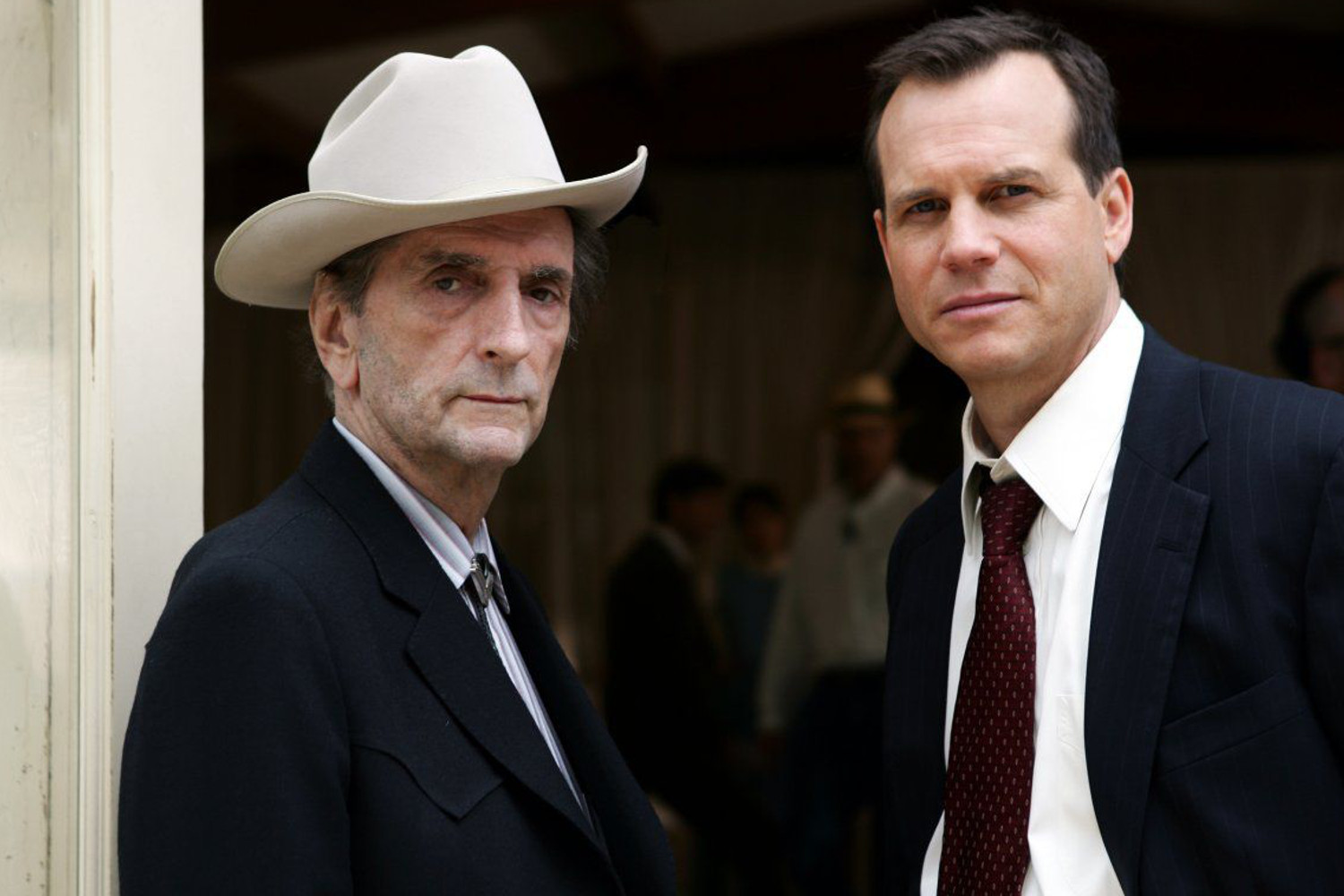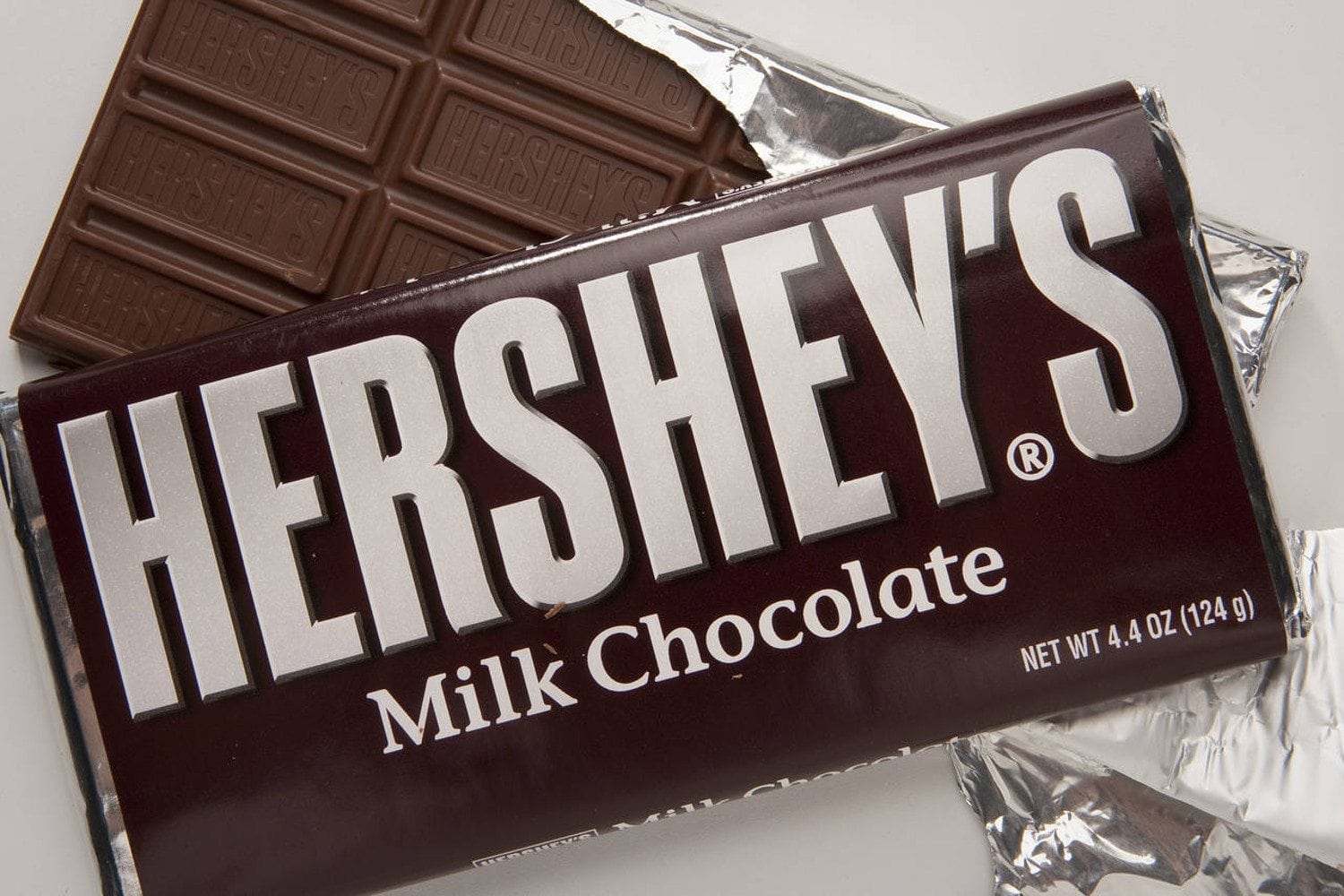Estimated reading time is 6 minutes.
READING ABOUT MOVIES before the Internet, I often came across descriptions of Gary Cooper as being Hollywood’s most laconic actor. That’s not a common word, nor one that was taught in the classrooms of America in the ’60s. According to Merriam-Webster, Cooper was “using or involving the use of a minimum of words,” which does sum up many of the characters he played in his day.
A secondary definition of laconic is “concise to the point of seeming rude or mysterious.” I suppose the other characters in Cooper’s movies could have interpreted the quiet, often stern demeanor of the star as being rude.
“I play myself all the time, on camera and off. What else can I do?”
But Cooper’s early characters were rarely less than polite, while the western heroes that he played later in his career often didn’t even seem to take note of such social mores as politeness or rudeness. And strictly speaking, you have to want to be rude to be described as being rude.
Even as a teenager, I liked the word laconic. Of course, I rarely used it in conversation then—nor do I use it now.
Of course, I’m using it right here right now because Harry Dean Stanton is dead. And in his career on the big screen, Stanton refined laconicness (sic) to a degree where he that Cooper never considered.
Everybody’s favorite character actor
Like many people who aren’t ardent “students” of film and don’t pay attention to everything we see and recall every bit actor in every insignificant role, I discovered Harry Dean Stanton in 1984 in Wim Winders’ Paris, Texas. The movie was a critic and fan’s fave and a box office failure.
By “discovered” I mean that I knew Stanton and had seen him in many movies, always as a character actor with a secondary role. In Winders’ film, he was the star—the leading man.
Harry got the lead serendipitously after meeting screenwriter Sam Shepard in a bar the year before. Paris, Texas remains a must-see film, and it marked the beginning of Stanton being taken seriously by Hollywood as more than the guy that gets killed or beat up in the second reel.
“You want people walking away from the conversation with some kernel of wisdom or some kind of impact.”
Few of us knew that Harry Dean Stanton had started in his first movie in 1956 with an uncredited bit in Alfred Hitchcock’s The Wrong Man, and had been in more than fifty films by 1984.
These included parts in such notable movies as In The Heat Of The Night and Cool Hand Luke (1967), Kelly’s Heroes (1970), The Godfather Part II (1974), Farewell, My Lovely (1975 and the one most of you probably haven’t heard of let alone seen so see it), and the first Alien (1979).
He was a bit of a fave with the both the underground film world and with fans of rock music of the ’60s, appearing in:
1971 Two-Lane Blacktop (Dennis Wilson and James Taylor)
1973 Pat Garrett & Billy The Kid (Bob Dylan)
1978 Renaldo & Clara (Bob Dylan)
1978 Up In Smoke (Cheech & Chong)
He found his way onto another sixty movie sets after Paris, Texas. He also had a career in television, appearing in more than seventy different series. And it is here that I will always remember Harry Dean Stanton.
A big hunka love
From 2006 through 2010, Big Love dealt even-handedly with a fictional family of fundamentalist Mormons in Utah trying to make traditional polygamy work in a neighborhood of other Mormons for whom polygamy was a link to a past best forgotten. The series starred Bill Paxton as husband and provider to his three loving, hard-working wives played by Jeanne Tripplehorn, Chloë Sevigny, and Ginnifer Goodwin.
The story’s bad guy was Roman Grant, the self-proclaimed Prophet of a Mormon compound where tradition is honored and everyone is a polygamist. Played masterfully by the indomitable Stanton, Grant was a power unto himself, with most of the members of his community believing in his divinity.
While six members of the cast were nominated for Golden Globe Awards or Primetime Emmy Awards, Harry Dean was not among them. How he missed an annual nomination I’ll never know, such are the wonders and mysteries of the universe.
But he was perfect as a man that most of us see as corrupt and rotten, but who believed that he was carrying on the will of God in a modern, godless world.
While Stanton appeared in other movies and television series since, I will always consider Big Love and Roman Grant to be his swan song.
Downright garrulous in comparison
While looking for an appropriate obituary to post on Facebook, I came across “Harry Dean Stanton, a Zen Cowboy Who Said Everything by Saying Nothing” by Stephen Dalton for the Hollywood Reporter. It’s perfect, one of those I-wish-I-had-written-this pieces. So I have lifted the first three paragraphs from Mr Dalton’s piece, edited it with tenderness, and present them here:
“Deep in his bones, Harry Dean Stanton understood the sheer expressive power of saying nothing and doing very little. The veteran cult actor and musician elevated a kind of Zen minimalist performance style into high art.
His bittersweet reward for this unshowy (sic) approach was a spotty screen career that took decades to blossom, but the huge groundswell of respect and goodwill he accrued served him well in his glorious autumn years. He gambled on the long game, and it finally repaid him handsomely.
Like a kind of counterculture Clint Eastwood, Stanton had a face that seemed to be hewn from the vast rocky canvas of the American landscape itself, immutable and immortal. That magnificently craggy visage, grizzled and chiseled, haunted and vulnerable, seemed to say everything even when his mouth said nothing.
And saying nothing was his default setting.
To Stanton, the burdensome duties of stardom had limited appeal. With his permanent hangdog frown and blue-collar small-town air, Stanton was typecast as a character actor, a label he dismissed during an interview with The Hollywood Reporter in 2013:
‘Every actor is a character actor. I was offered a whole career. I could have been a leading man—much more famous, much richer, and with more pussy, onscreen and off.’
But he chose to shun a mainstream career because, he said with a dry laugh, [because] it was ‘too much work.’ ”
As Dalton noted, a more modern variation on Cooper’s say-less-do-more characters is the on-screen presence of Clint Eastwood, going back to the Sergio Leone “spaghetti westerns.” But Stanton’s characters made Eastwood’s seem downright garrulous in comparison. And as close-to-the-vest as Eastwood played his verbal cards, I’d still have bet on Stanton in a staring contest.
But Harry Dean Stanton is dead and I’m gonna miss the old blabbermouth . . .
FEATURED IMAGE: Stanton as Roman Grant and Bill Paxton as Bill Henrickson in Big Love. Paxton died earlier this year at 61 from complications due to heart surgery. Both men were fine actors. Both actors will be missed. The remarks in quotations marks in the sidebars above were made by Stanton. 5
Mystically liberal Virgo enjoys long walks alone in the city at night in the rain with an umbrella and a flask of 10-year-old Laphroaig who strives to live by the maxim, “It ain’t what you know that gets you into trouble; it’s what you know that just ain’t so.
I’ve been a puppet, a pauper, a pirate, a poet, a pawn, and a college dropout (twice!). Occupationally, I have been a bartender, jewelry engraver, bouncer, landscape artist, and FEMA crew chief following the Great Flood of ’72 (and that was a job that I should never, ever have left).
I am also the final author of the original O’Sullivan Woodside price guides for record collectors and the original author of the Goldmine price guides for record collectors. As such, I was often referred to as the Price Guide Guru, and—as everyone should know—it behooves one to heed the words of a guru. (Unless, of course, you’re the Beatles.)






